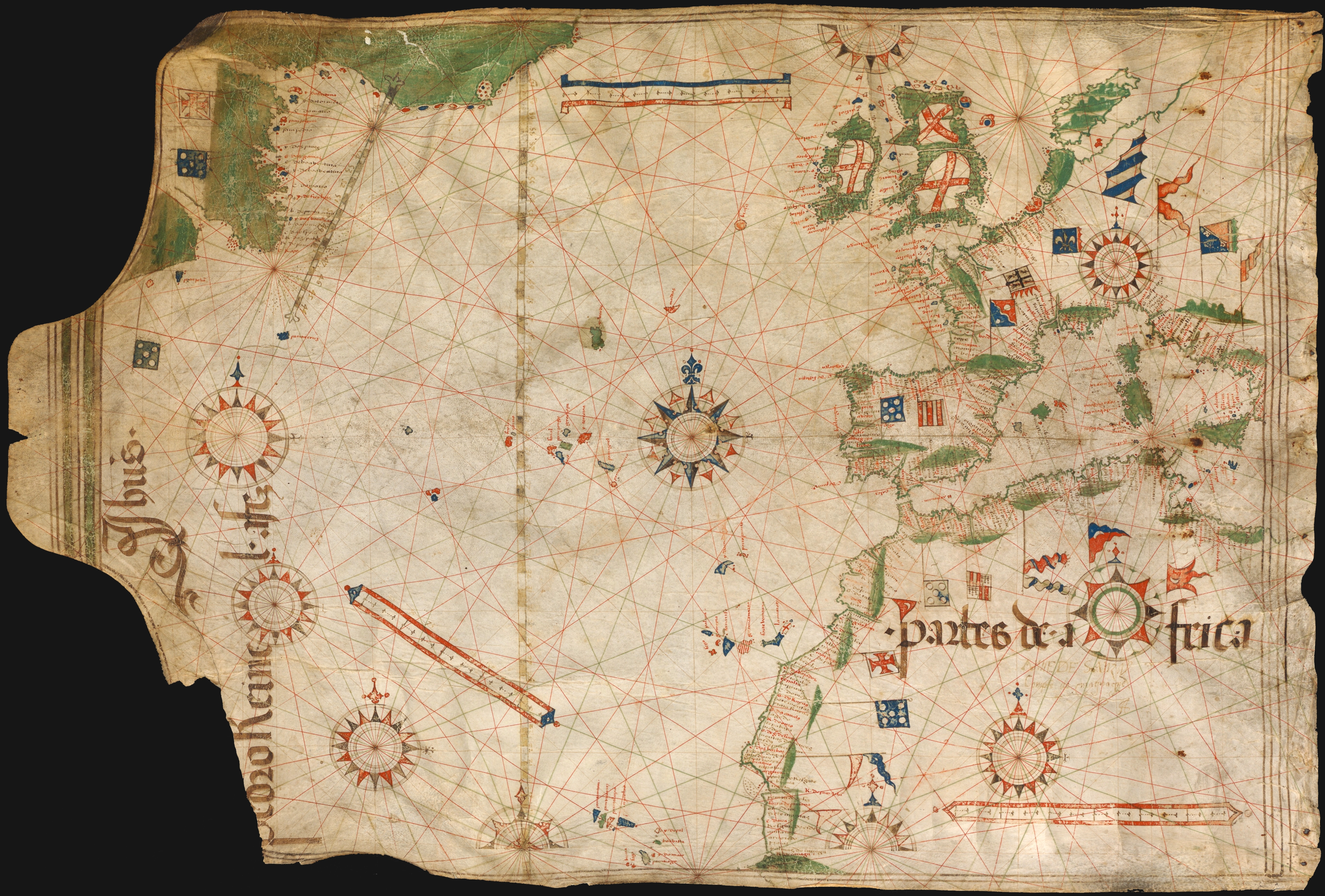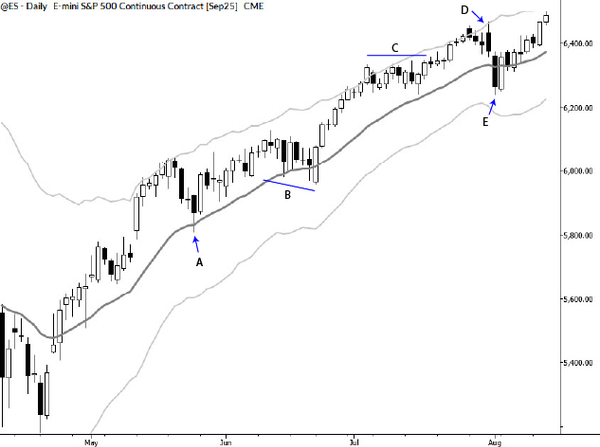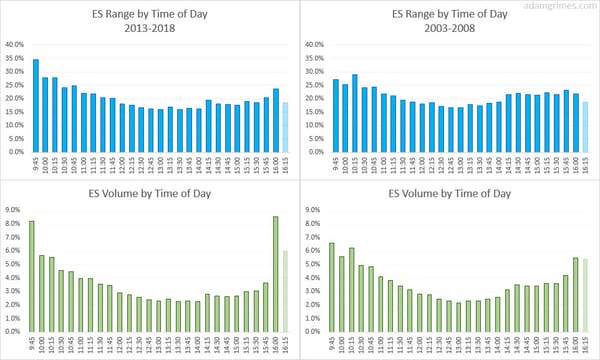What happens when you achieve your goals?

It's good to be focused on goals. Goals tell us where we want to be, and help us best use our time, energies, and talents to get there. If we have good goals, we can accomplish much more than we'd ever expect, and can work through incredible periods of crushing adversity. But strong focus on goals can actually hurt us.
Think back to your graduation ceremonies. My most recent (which wasn't actually all that recent!) was my MBA graduation, and it was tinged with a little sadness. Yes, I had some great accomplishments to look back on, and I had a new skill set that I didn't have two short years before. Yes, it was obvious that I was leaving a challenging but fun period of my life behind (in fact, one of the only periods in your adult life where it's acceptable you will behave like a half-brained adolescent at times...), but there was something else... something I couldn't quite put my finger on.
I think of other periods of dramatic success: when I was completing my undergrad music degree, standing on the stage after my final piano recital. I'd just played challenging repertoire--Chopin and Bartok--and I played both technically well and with soulful expression. This was the culmination of many years and thousands of hours of my life, but it didn't feel like success. It felt like at least mild depression, and it persisted for many months.
You might think that was a normal experience for someone at a major life transition, but I've experienced this with other goals achieved, too. Another example: the first time I pulled a perfect loaf of bread out of the oven. This, too, was the product of many years of work and trial and error. I now understood how time and temperature interacted with the elements of the flour and the action of the natural yeast. I had created, with my own hands, a loaf of bread that was the equal of any bread anywhere in the world, and it had taken me most of 10 years to do it.
I think what is going on here is that it's not just the goal that matters. We need goals to act like the inexorable magnet that pulls us forward, to where we want to be. We need the structure that comes from working toward a goal. We need the encouragement to keep going when things get tough. Yes, all of these things are important, but it's really the journey that drives us.
The journey is dynamic--we are always moving forward. We can look back, perhaps a few weeks or months, or, in some lucky cases, just to yesterday, and realize that we are somehow more, better than we were. We can see growth and progress and human energy being converted to achievement.
A goal, by contrast, is static. (Yes, a goal can shift and evolve, but it's still a more or less fixed point.) Once we get there, there's nowhere left to go, and we might just start wondering what to do with ourselves.
I suspect this is a natural result of life evolving on this planet. When things started crawling out of the slime of the ocean, they probably were well motivated to push deeper into the forest to see what food was there. Certainly, human history shows a drive to push back the edge of the unknown night, to light that night with our fires, to conquer, and to know the unknown. I suspect this drive to move forward is one of the fundamental drivers of the human experience.
So what do you do with this? Have goals. Set goals, and plan how you're going to get there. Think about how to organize your life and time so you can prioritize the achievement of those goals. But also, be prepared: enjoy the journey. I used to think this was placating advice given to students to make them patient and compliant, but I now see that the journey is where the passion is. The journey is the goal, in itself.
Oh, and plan ahead. When you get to where you want to be, when you achieve your goals? It's time to think of those next steps; set new goals. Drive forward. Push back the edges of your skills and your own limits. Push back the edge of night. Always grow.



